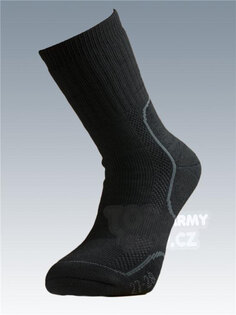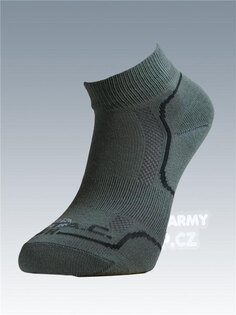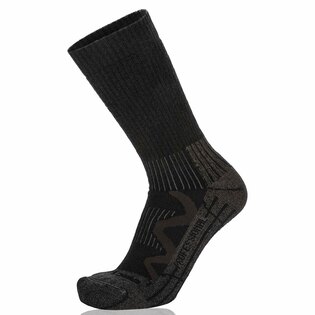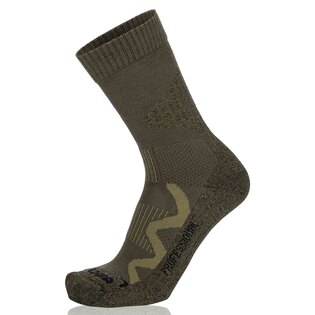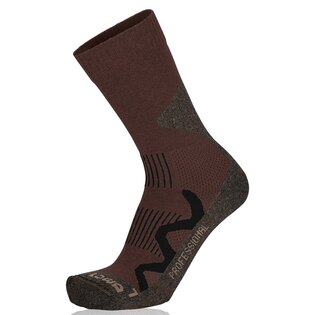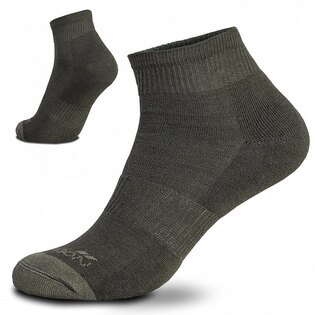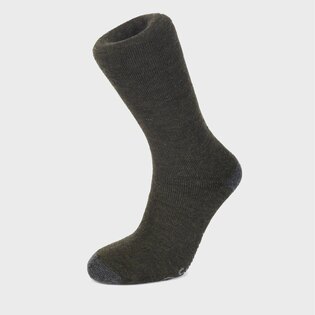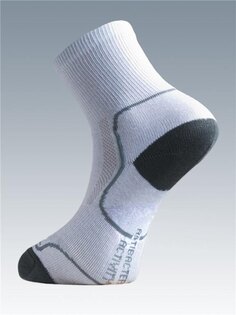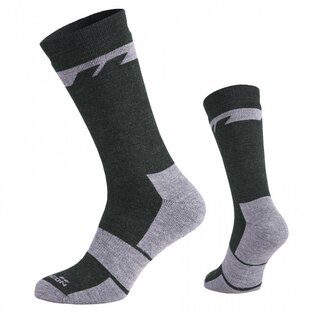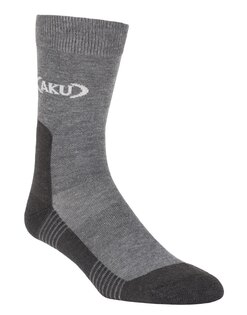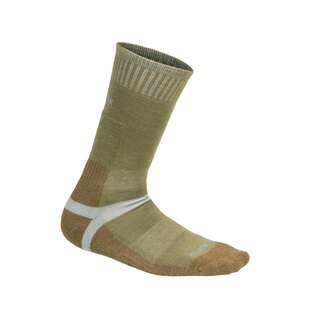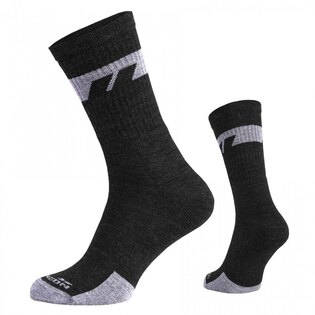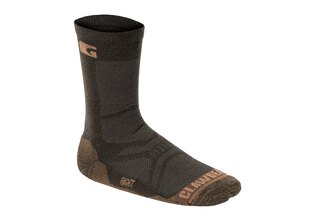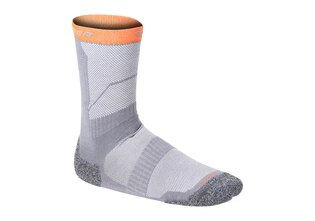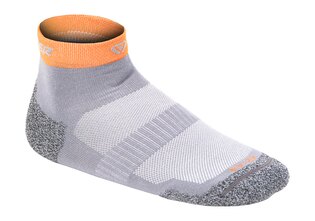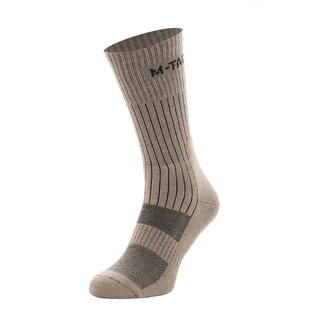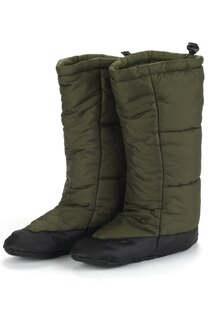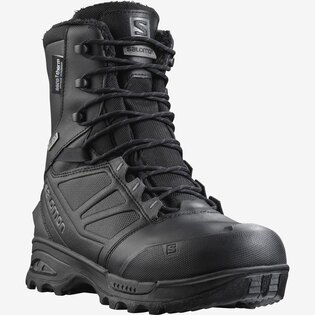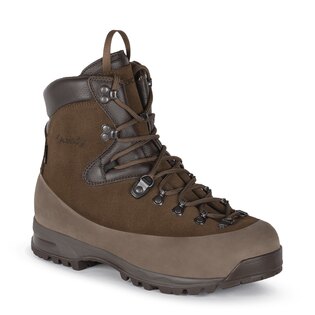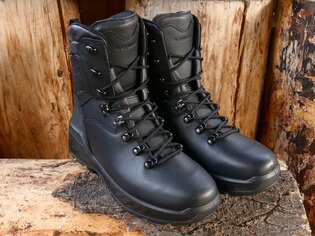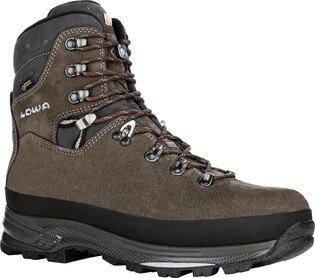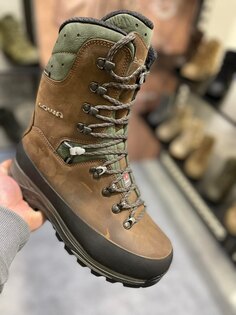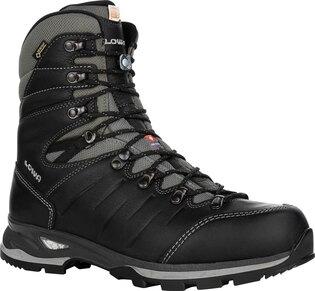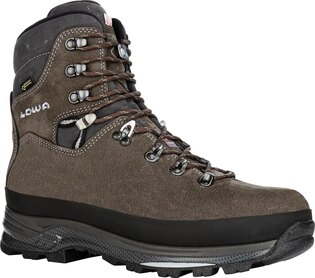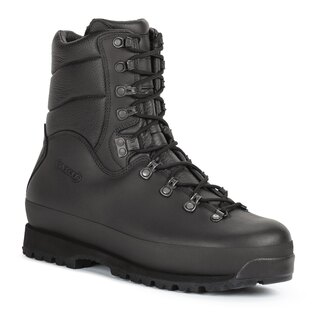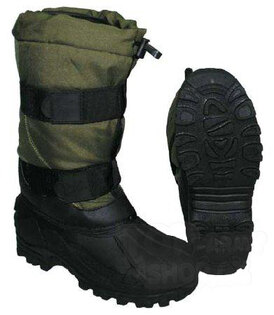How to choose winter boots?
Choosing the right winter footwear is very important and you can be sure, that in this article we will tell you which parameters to look at. From now on, you will know what boots to choose.
All it takes is a bit of snow and we already have a problem if we don't wear winter boots. Ordinary footwear, which is not intended for snow, immediately soaks up, it's damp and then our feet feel cold. And that's the best case scenario.
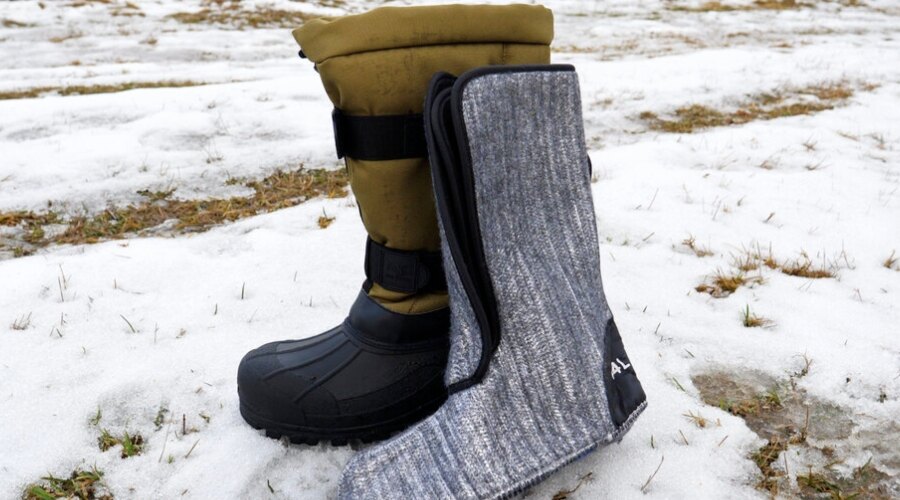
The right winter footwear must be:
- well insulated
- waterproof
- breathable
- anti-slip
Based on these parameters alone, it may seem that choosing winter footwear is not easy, but we will show you that in fact it's no big deal. Let's move on.
Why do we buy winter footwear?
Before you reach into the rack for your dream boot, think about what you will need it for. A membrane boot is great, but if you don't move, the boot won't warm up and you'll be cold - and of course you don't want that. So there is a difference between a winter boot for outdoor use or for urban wear. You know youself how much snow there is in your area, so then think about whether you need high ankle boots or boots that reach the shin. We use these in the north, where it really snows a lot.
Stability according to categories
When choosing your footwear, pay attention to another criterion which is also important. It is about stability, with categories from A to D. Where A is the softest and D is the hardest. For a winter boot, the optimum category is B to BC. Good stability is the basis, thanks to which we will be able to walk on more difficult routes.
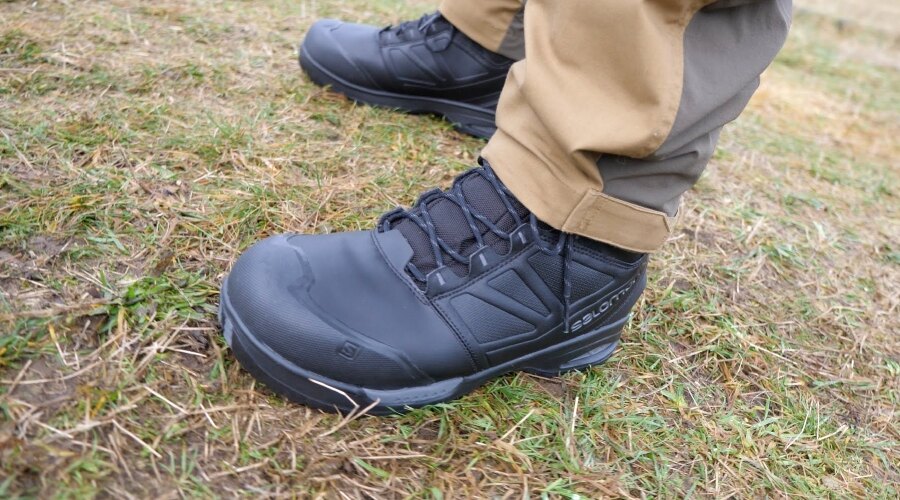
Boot must be waterproof yet breathable
With every activity, heat accumulates inside the boot. If it does not go out naturally, your foot will sweat, which, in addition to being a source of fungus, will become a source of wetness and the subsequent cold.
Waterproof leather boots are of course a very good choice, however, you will do well if you support the leather shoe with, for example, a goretex membrane, which guarantees waterproofness and at the same time the aforementioned breathability inside the shoe.
Combination of materials
Full leather boots are a really good choice, but of course we have to take into account certain disadvantages too.
- leather dries slow
- we need to take good care of leather boots
We recommend choosing boots with combined materials. For example, a combination of leather, cordura and rubber, where each part has its own role, which it fulfills during winter wear.
Boot insulation
If you go for a casual walk, there is no need to reach for a boot that is insulated. That is why we choose an insulated boot when we go on a longer trip where there will be a lot of snow or slush, or it will be very cold. In this case, an insulated shoe will keep you warm.
Outsole
The higher the sole, the better the insulation from the cold that comes from the ground. The sole pattern should be designed to naturally push snow away. Otherwise, your sole will get filled with snow, will stop working and you'll be easy to fall.
If you look at the sole of a winter boot, you may notice that part of the sole is soft and part is hard. That is right. Among other things, it improves the grip and gives you more stability on a slippery surface.
Lacing
Winter boots must be properly tightened and fit perfectly, otherwise there is a risk of unpleasant pressure marks and blisters that will form in a very short time. Support is extremely important when walking on a slippery surface, and even here a well-laced boot is of irreplaceable importance.
Seams
The more seams, the greater the risk that the boot will let moisture in. That's why it's best to choose a winter boot with a simple design.
Trying the boot on
Due to swollen feet it's better to try new boots on in the afternoon. Don't forget to take thick socks that you will wear in winter. Only a winter boot "calibrated" in this way will fit you perfectly.
Maintenance
Once you have your boots finally at home, don't forget about proper maintenance. You will definitely not go wrong if you impregnate the boot. The main thing is to clean the boots properly after an outdoor trip and let them dry afterwards. This is the only way your winter boots will last more than one season.
Readers are further interested



























































































































